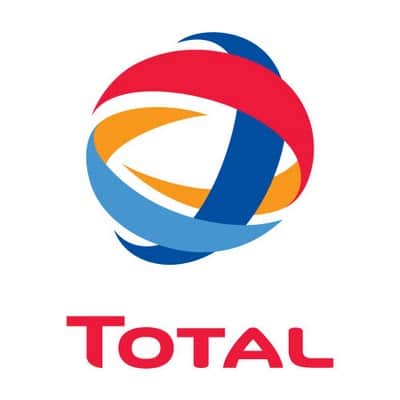It is a well-known fact that the unconventional gas industry is involved in an inherently toxic business, particularly through hydraulic fracturing (“fracking”), which the EPA just confirmed has contaminated groundwater in Wyoming. The documentary film “Gasland,” DeSmogBlog’s report “Fracking the Future: How Unconventional Gas Threatens our Water, Health, and Climate,” and numerous other investigations, reports, and scientific studies have echoed the myriad problems with unconventional oil and gas around the globe.
What is less well-known, but arguably equally as important, is who exactly stands to benefit economically from the destruction of our land, air, and water in the gas industry’s rush to profit from the fracking bonanza. The U.S oil and gas industry would have us believe that they are principally focused on ushering in American energy independence. But their claims are increasingly suspect as the real motivation of this industry becomes clearer by the day.
A hint: it’s not the small “mom and pop,” independent gas companies, but multinational oil and gas corporations. Another hint: it’s often not even American multinational oil and gas corporations, but rather, foreign-based multinational oil and gas corporations who stand to gain the most.
France’s Total S.A. Enters Ohio’s Utica Shale, as well as Uganda, South Sudan and Kenya
On December 7, Bloomberg’s Businessweek reported that Total S.A. is positioning itself to acquire 25 percent of Chesapeake Energy’s stake in Ohio’s Utica Shale, valued at $2.14 Billion.
Total S.A., the largest oil and gas producer in France, is a multinational corporation perhaps most notorious for its involvement in Iraq’s “Oil-For-Food” scandal. In 2010, Total S.A. was accused of bribing former Iraqi dictator Saddam Hussein’s officials to secure oil supplies.
Total SA also brokered another big deal on December 7, this one in Uganda, a place I recently wrote about on AlterNet in a piece titled, “Did Obama Just Kick Off Another Oil War – This Time in Africa?” It appears the question raised and answered in my article is being confirmed more and more with each passing day.
Explaining the terms of the deal, Reuters wrote, “French oil major Total said it could build a pipeline from South Sudan to Uganda that would continue to Kenya’s coast, potentially solving the fledgling state’s headache about how to export its oil.”
These announcements comes on the heels of a December 1 announcement by another foreign corporation, Norway’s Statoil, stating that it “would like to add to its acreage position in the Eagle Ford Shale in South Texas as it looks to grow its unconventional oil and gas position in North America.”
Speaking of corruption, by the way, Ohio is a natural landing spot for Total S.A.
Ohio: Home to Big Gas Money
Common Cause of Ohio, in a recent report titled “Deep Drilling, Deep Pockets,” revealed that from 2001 through June 2011, Republican Governor John Kasich received $213,519 in campaign contributions from the gas industry. The Republican Senatorial and House Campaign Committees took another $210,250 from the gas industry during that same time period.
Not to be outdone, on the other side of the aisle, former Democratic Governor of Ohio, Ted Strickland, received $87,450 during that time frame.
Top donors included the following:
- Ohio Oil & Gas Producers Fund – $820,285
- British Petroleum PAC & Employees – $215,438
- Marathon Oil PAC & Employees – $207,054
Summing things up, Common Cause wrote,
Companies engaged in fracking contributed $2.8 million to state candidates, political committees, and parties in Ohio from 2001 through June 2011, helping the natural gas industry preserve what are some of the nation’s most lenient fracking regulations. Ohio does not require full disclosure of chemicals used in the fracking process, has stripped from local governments the power to regulate fracking, and allows fracking as close as 100 feet to a residence.
All in all, this is a bad deal for the people of Ohio, but a great deal for global multinational oil corporations, a pattern all too familiar in the American political fray.
Any way one slices it, the claim that the gas industry first and foremost is a “good neighbor” who will “benefit the local economies,” is a total sham.
Subscribe to our newsletter
Stay up to date with DeSmog news and alerts







